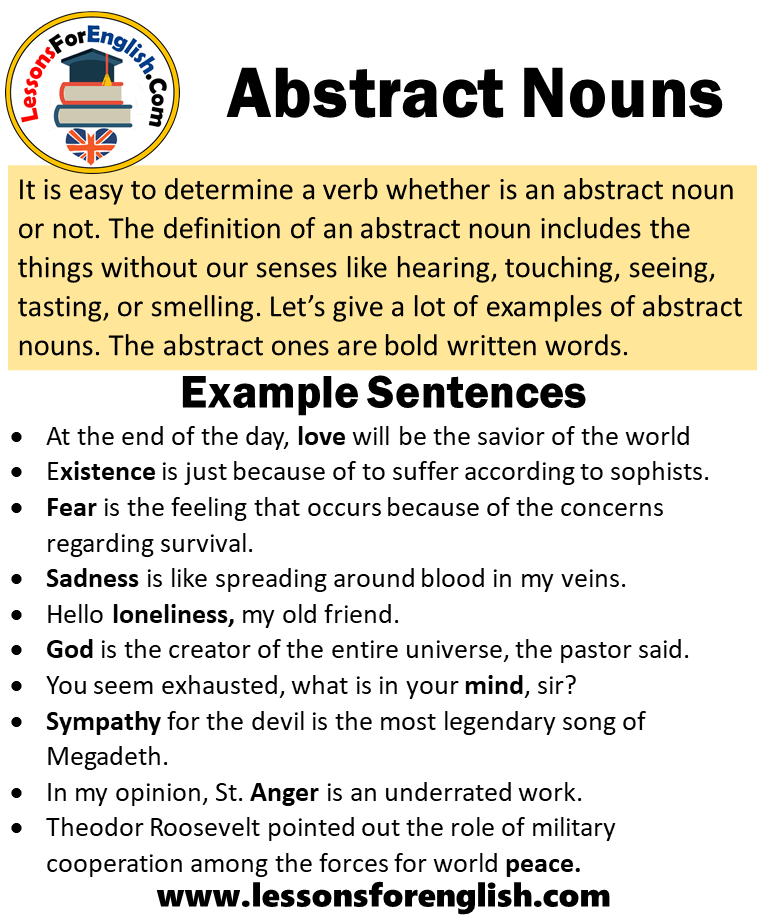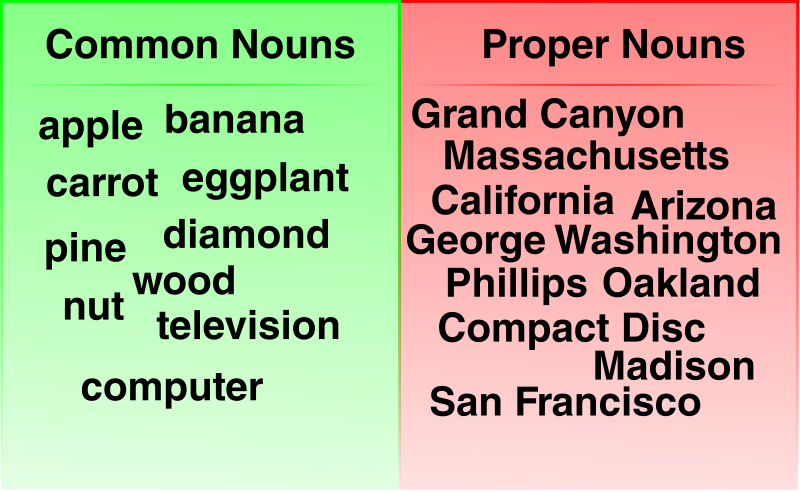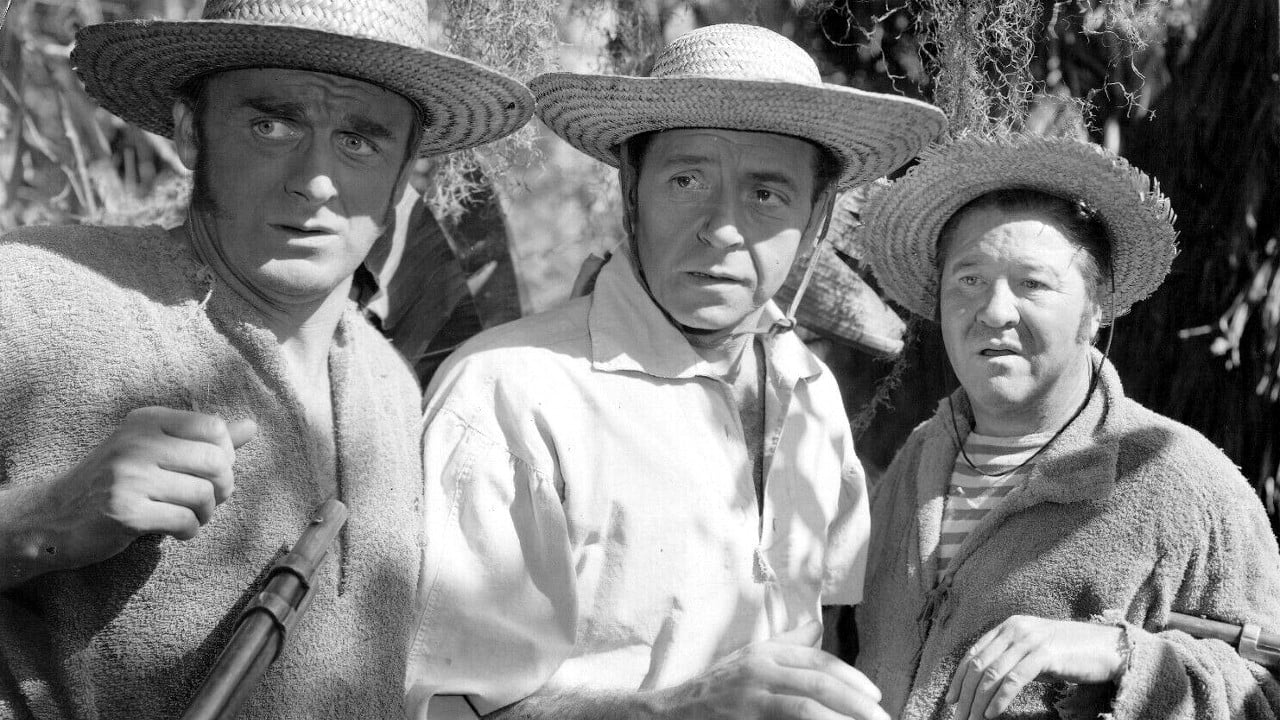However, noun is not a semantic category, so it cannot be characterized in terms of its meaning. Thus, actions and states of existence can also be expressed by verbs, qualities by adjectives, and places by adverbs. Many different types of nouns exist, including proper and common nouns, collective nouns, mass nouns, and so forth.
All nouns in Spanish are either masculine or feminine. Nouns that end with -ma, -pa, -ta, or any of the letters in the word LONERS are usually masculine. But, sometimes a word is a shorter forms of a longer word, like moto or radio. These short words keep the gender of the longer word, even if they have -ma, -pa, -ta, or LONERS at the end. -A, -ión, -dad, -tad and -tud are all endings for feminine words.
One ending with a final -a, -ista, can be used on words for male or female people, and is both masculine and feminine. Even though these endings can generally help you with the gender of a noun, there are some words that do not follow these rules. You will need to memorize rule-breaking words like la mano and el d'ia . Linguists often prefer to define nouns in terms of their formal properties. These include morphological information, such as what prefixes or suffixes they take, and also their syntax– how they combine with other words and expressions of particular types.
Such definitions may nonetheless still be language-specific since syntax as well as morphology varies between languages. For example, in English, it might be noted that nouns are words that can co-occur with definite articles , but this would not apply in Russian, which has no definite articles. Because coming from English you don't have any reference to hold on to, sometimes our memory can only recall so much and we mix up the gender.
Even though Spanish is a language of exceptions, there are a few guidelines that can help when wanting to determine if a noun is feminine or masculine. All of these rules use the ending of a word as a trick to determine its gender. Now let's say that same sentence using indirect object pronouns. In English, it would be "I bought pizza for him." In Spanish, that would be Le compré pizza. Like the direct object pronouns, indirect object pronouns come before the verb, too.
For example, the word catsis a plural noun because it refers to more than one animal. On the other hand, the word dog is not a plural noun because it only refers to a single animal. A noun that only refers to one of something is called a singular noun. For the most part, you should be able to identify most plural nouns if you remember that they refer to more than one of something.
Notably, plural nouns cannot follow the articles a and an and always use plural verbs . Note that se is also used for the formal "you" (usted/ustedes). Many European languages use a cognate of the word substantive as the basic term for noun (for example, Spanish sustantivo, "noun"). Nouns in the dictionaries of such languages are demarked by the abbreviation s. Instead of n., which may be used for proper nouns or neuter nouns instead. In English, some modern authors use the word substantive to refer to a class that includes both nouns and noun phrases .
Whats A Noun In Spanish It can also be used as a counterpart to attributive when distinguishing between a noun being used as the head of a noun phrase and a noun being used as a noun adjunct. For example, the noun knee can be said to be used substantively in my knee hurts, but attributively in the patient needed knee replacement. Lexical categories are defined in terms of the ways in which their members combine with other kinds of expressions. The syntactic rules for nouns differ between languages. In English, nouns are those words which can occur with articles and attributive adjectives and can function as the head of a noun phrase. "As far as we know, every language makes a grammatical distinction that looks like a noun verb distinction."
For learners of English, the most important feature of a noun is whether it can be counted. A count noun is a noun that can be used after a or an or after a number (or another word that means "more than one"). Notice that the direct object pronoun goes before the verb, though. In most situations, Spanish has the same sentence structure as English (Subject-Verb-Object). But when it comes to direct object pronouns, it's Subject-Direct Object Pronoun-Verb.
There are some general rules for identifying the gender of nouns. Usually, you can gauge by the endings of certain nouns whether they are masculine or feminine. Here are some rules for identifying feminine nouns. Like English nouns, most Spanish nouns have singular and plural forms. In addition, Spanish nouns referring to people and animals often have different masculine and feminine forms, which means that these nouns can have up to four forms – learn more.
If the verb requires a preposition (like "talked with" or "jumped on"), the direct object pronoun stays in place; however, it requires a different pronoun in this case. See the section below on prepositional object pronouns for more. English is full of random, unexplainable exceptions to singular and plural nouns. Fortunately, Spanish is clear-cut when it comes to making the switch.
Along with some basic guidelines for changing the noun itself, you need to know how the articles change. Masculine nouns are used with articles like el or un and have adjectives that end in -o, while female nouns use the articles la or una and have adjectives that end in -a. To know if a noun is masculine or feminine, you should look to see what letter the word ends with. The corresponding plural, Vosotros is only used in Spain. In Latin America, because Vosotros is not used, ustedes is the only way to tell you in the plural. These two pronouns are often abbreviated in writing in Ud.
Also note that Yo and Nosotros, like Tú, have their own boxes. By placing the pronoun drawers above these six shapes, you can easily see what each of these six shapes means. In the case of the singular third person and the plural of the third person, you can see that each could have three different subjects.
This is the reason why the use of Habla or Hablan often uses subject pronouns to avoid any misunderstanding. Some singular nouns become plural nouns by changing vowels in the middle of the word. There is no rule or pattern that tells you when this happens.
You will just have to learn which words do this as you discover them. Why is it important to know if a noun is feminine or masculine? Because the gender of the noun changes the article or adjective that you can use with the noun. You know that people and animals are masculine or feminine, but did you know that nouns in Spanish have gender?
In this lesson, we'll look at the differences between masculine and feminine nouns and learn some tips to remember them. The unusual thing about words that end in–istais that they will be used for both males and females. The article will indicate the gender of the person the noun represents.
Notice that it will seem strange to use a word ending in–ato refer to a male. If you make a note of the nouns that break these general rules when you learn them, you'll avoid a lot of mistakes later. A noun phrase is a phrase based on a noun, pronoun, or other noun-like words optionally accompanied by modifiers such as determiners and adjectives.
A noun phrase functions within a clause or sentence in a role such as that of subject, object, or complement of a verb or preposition. Los sustantivos propiosor Spanish proper nouns are the ones we use to name things or people such as Ana, Carlos, México, Brasil, Toyota and so on . What makes them easy to differentiate from common nouns is the fact tht proper nouns will always begin with capital letter as you can see in the sentences in the list. In Spanish, words must agree in gender (masculine / feminine) and number (singular / plural). So, if a noun is masculine and singular, the adjectives and articles used must be in masculine and singular too. Listed below are many different plural nouns that refer to people, places, and things.
As you read them, think about what singular nouns would be used in their place and if they are regular or irregular plural nouns. Some irregular plural nouns don't follow any specific trends at all when compared to their corresponding singular noun versions. We know that all people have gender, but in Spanish all nouns have gender. This means that every word for a person, place, thing or idea is either masculine or feminine. This can be confusing, especially when some words, like persona , can refer to a person that is man or a woman. That said, there are some tendencies in the gender of nouns, but there are always exceptions.
With some transitive verbs, the indirect object or the direct object can be left out. But if you think about it, it's usually still implied that it exists. It looks like you're ready to dive headfirst into your journey to Spanish fluency—and learning sustantivos is the perfect place to start.
Just like in every other language, a noun refers to a person, place, thing, or idea. It can function as a subject, object of a verb, or an object of a preposition. Nouns in Spanish are fun and fairly relaxing to learn, but be careful!
They have a few tricks hiding up their sleeves. The difference is that "videocámara" is compound noun which is formed by the words (video + cámara) and it is functioning as the direct object in the sentence. AMIGO on the other hand is the subject of the sentence.
The definite articles EL, LA, LOS, LAS correspond to THE and they are used before abstract nouns in Spanish like AMOR and SENTIMIENTO. Having said that, the two nouns in this sentence are AMOR and SENTIMIENTO. EL is an article, ES a form of the verb SER, MUY an adverb and LINDO is an adjective.
We will learn more about all of them in future lessons. So, we now know nouns are used to name physical objects, people, places,animalsand also invisible things such as ideas, qualities or actions. Our definition also tells us that nouns are typically the subject or the object in a sentence, and that they can also be the object of a preposition. This is because in English, living creatures often have different names, depending upon whether they are male or female.
The first thing that you must learn about Spanish, however, is that all nouns also have a gender. In other words, all objects and living things are either masculine or feminine. Relative pronouns connect phrases to a noun or pronoun. They're words like "who", "which", "that", "where" and "when". They can help connect two sentences or to connect an adjectival clause to the noun. The indirect object is someone or something affected by the action of the verb, but it's not the main recipient of the action.
Grammatically, the direct object doesn't follow a preposition, while an indirect object comes after "to" or "for". So the direct object is going to, or is for, the indirect object. Some irregular plural nouns are identical to their singular noun counterparts. For these plural nouns, you must use context to determine if the word actually is a plural noun. The general rule of plural nouns is that they are created by adding the letter S to the end of a singular noun.
For example, you take the singular noun apple and add an S to make the plural noun apples. It's important to remember that the gender of a noun refers only to the grammar of the word, not to the person that it refers to. Let's look at the word persona to help explain this idea.
However, the word persona is always a feminine word. The gender of the word does not change even when the person it refers to is masculine. For example, to say, 'My brother is an interesting person' in Spanish, you would say Mi hermano es una persona interesante. Even though the brother is a man, the word persona is always feminine. A noun that ends in the letter–emay be either masculine or feminine.
If a noun ending in –erefers to an object, it is usually a masculine word, but not always. It is safest to memorize the gender of these words by learning them with an article. Occasionally, a noun's spelling will remain the same but the article will change to indicate whether the meaning is masculine or feminine. Also, sometimes a noun can be changed from masculine to feminine simply by changing the ending from an–oto an–a. Indefinite pronouns refer to an entity that is not defined (hence the word "indefinite"). These are used to talk about someone/something that is unknown ("someone") or non-specific/irrelevant ("anyone").
Notice that some change to show gender/number, while others don't. The -iendo/-ando form of the verb is called the present participle or gerund, and denotes that an action is currently occurring. In this case, you have the option to move the direct object pronoun up in front of the conjugated verb, or attach it directly to the present participle. When telling someone to do something, add the indirect object pronoun directly to the end of the conjugated verb. In most cases, conjugations in Spanish communicate very clearly who the verb is referring to. Spanish has a very rich inflectional morphology, which means that there are many verb endings that encode this information directly into the verb.































No comments:
Post a Comment
Note: Only a member of this blog may post a comment.